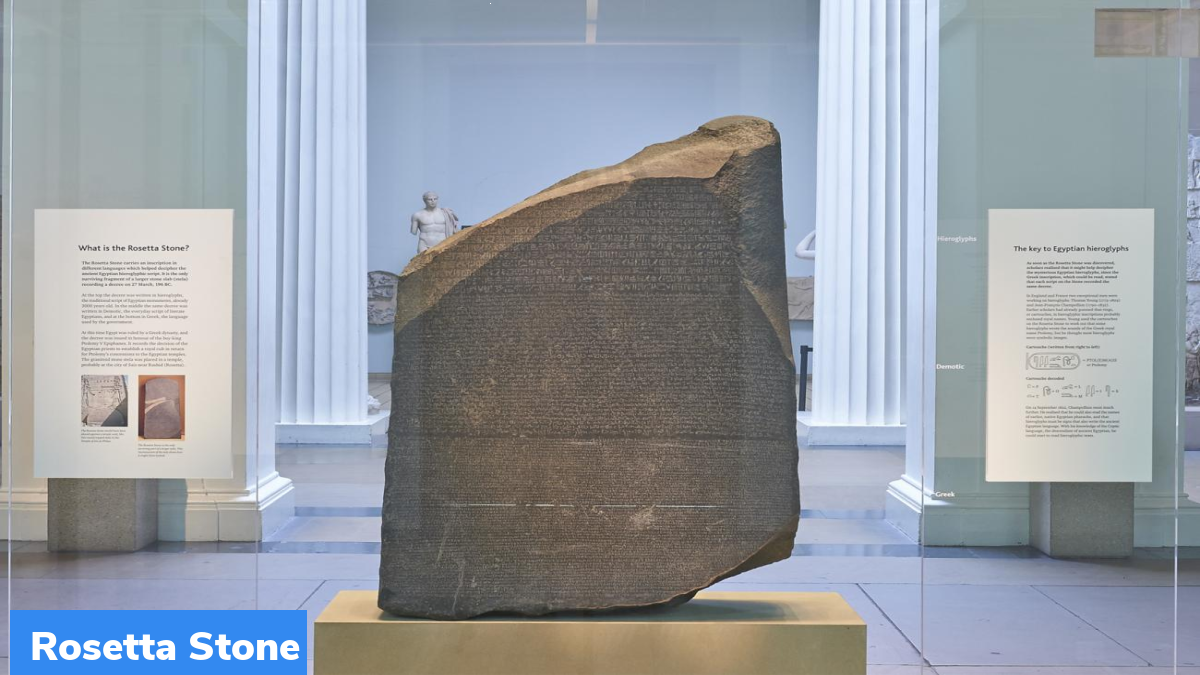Rosetta Stone
The Rosetta Stone is a highly significant historical artifact that has sparked controversy over the years. The large stone slab, which dates back to 196 BC, was discovered by the French military leader Napoleon’s army in Northern Egypt in 1799. Historians in Egypt are currently demanding the return of the Rosetta Stone from the British Museum, where it has been displayed since 1802. In this article, we will delve deeper into the history of the Rosetta Stone, its significance, and why it is such a contentious issue.
The History of the Rosetta Stone
Following Napoleon’s defeat, the British took possession of the Rosetta Stone and other antiquities as per the provisions of the 1801 Treaty of Alexandria. The rock slab has inscriptions of the same text in three different scripts – hieroglyphs, demotic (an ancient Egyptian script), and ancient Greek. It is believed to be a part of a larger rock, and the inscription on the slab conveys a decree or public message. The Rosetta Stone was estimated to have been engraved during the time of King Ptolemy V, who reigned from 204 to 181 BC, making the stone approximately 2,000 years old. The inscriptions are believed to provide a message supporting the King by the priests.
The Significance of the Rosetta Stone
The Rosetta Stone is significant because it was used by French philologist Jean-Francois Champollion to decipher hieroglyphs. His work helped improve the understanding of ancient Egyptian language and culture. It had helped in the development of Egyptology – a field concerning the study of ancient Egyptian history, religion, language, literature, art, and architecture from 5th millennium BC to 4th century AD. The Rosetta Stone’s discovery opened a window into ancient Egyptian culture and helped uncover some of the world’s most significant archaeological discoveries.
The Demand for the Return of the Rosetta Stone
Egyptian archaeologists have long called for the return of the Rosetta Stone, but the British Museum has refused to part with the historic slab. The museum argues that some countries might be unable to safeguard and maintain valuable historic items. However, historians in Egypt believe that the Rosetta Stone should be returned to its homeland to enhance the country’s tourism sector, a key source of income for the struggling Egyptian economy. The return of the Rosetta Stone would not only be a significant boost to the country’s economy, but it would also give the people of Egypt a sense of national pride and connection to their heritage.
Month: Current Affairs - October, 2022
Category: Art & Culture Current Affairs • International / World Current Affairs


